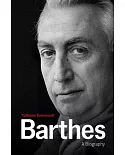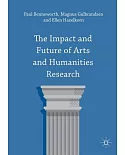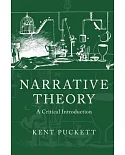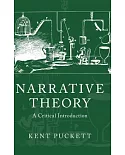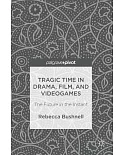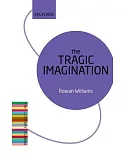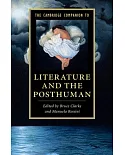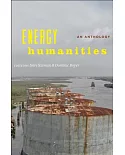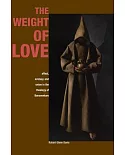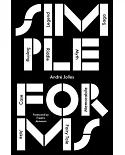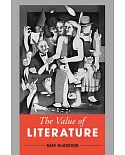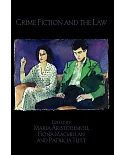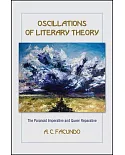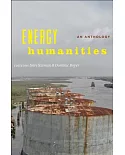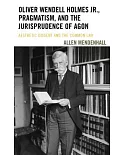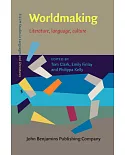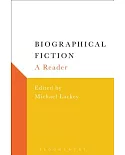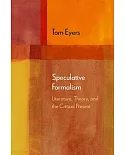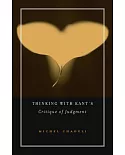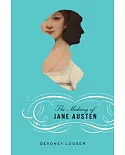'Twentieth-century literature changed understandings of what it meant to be human. Mads Rosendahl Thomsen, in this historical overview, presents a record of literature's changing ideas of
mankind, questioning the degree to which literature records and creates visions of the new human. Grounded in the theory of Niklas Luhmann and drawing on canonical works, Thomsen uses literary
changes in the mind, body and society to define the new human. He begins with the modernist minds of Virginia Woolf, Williams Carlos Williams and Louis-Ferdinand Celine's, discusses the
society-changing concepts envisioned by Chinua Achebe, Mo Yan and Orhan Pamuk. He concludes with science fiction, discussing Don DeLillo and Michel Houellebecq's ideas of revolutionizing man
through biotechnology. This is a study about imagination, aesthetics and ethics that demonstrates literature's capacity to not only imagine the future but portray the conflicting desires
between individual and various collectives better than any other media. A study that heightens reflections on human evolution and posthumanism'--


